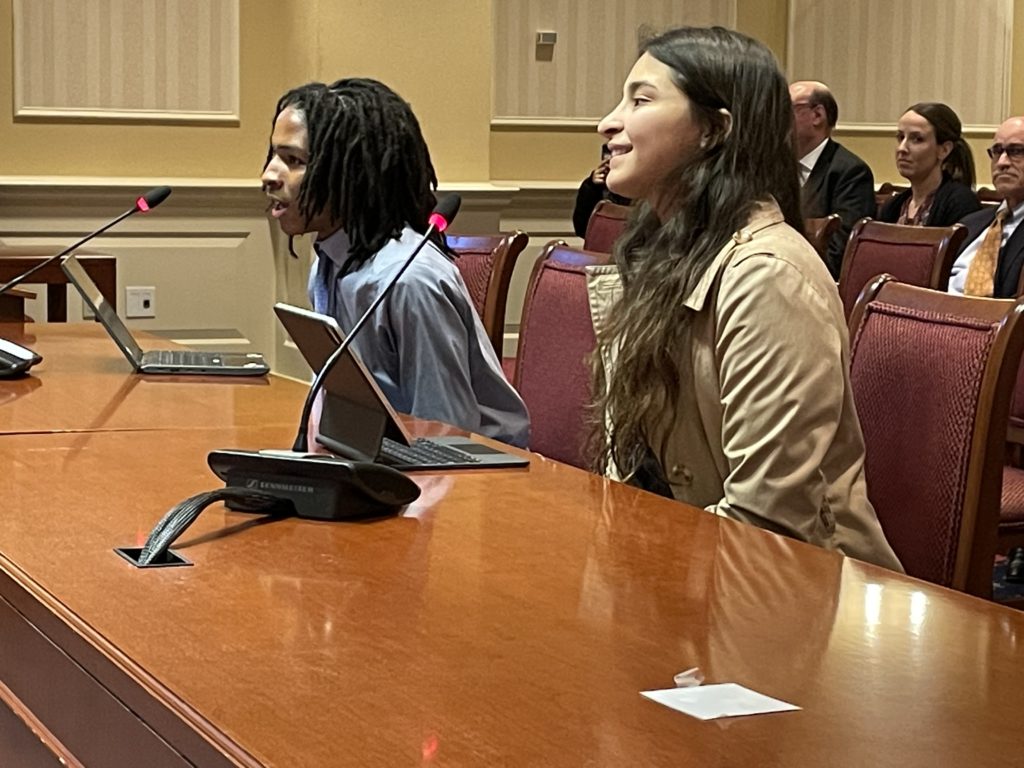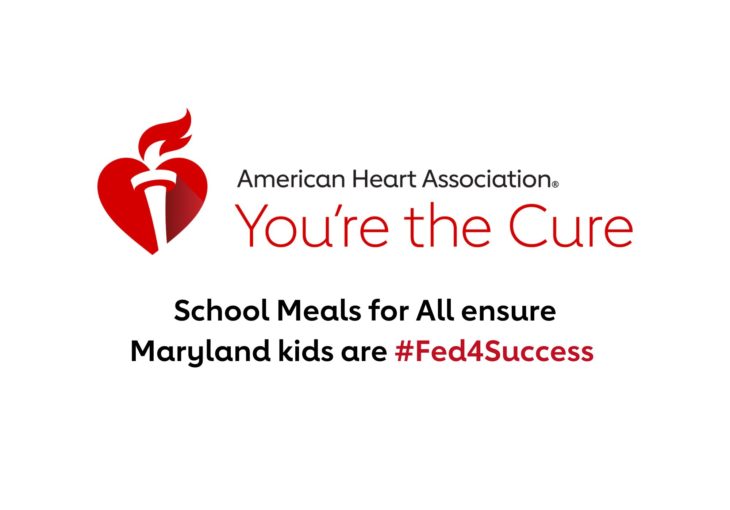When kids are hungry at school, they struggle to learn. Lawmakers in Annapolis have an opportunity to make sure all public school students in Maryland are fed for success by passing Senate Bill 557 and House Bill 628.
The legislation would ensure ALL school children in Maryland are once again offered free breakfast and lunch, just as they were during the pandemic, regardless of their household’s income.
Federal pandemic funding has ended, but the need for students to have access to food has not.
“As a parent of two elementary school kids, for two years, I didn’t have to worry about what my kids were going to eat at school,” said House Bill sponsor Del. Kirill Reznik (Montgomery County).
“It occurred to me, both as a parent and a legislator, not every parent in the state gets to casually think about ‘let’s just pack a lunch, let’s just put money on their card.’ For a lot of parents in the state that is a choice between letting my kid eat at school or getting the rent paid or the light bill paid or putting gas in my car. Even for lower-middle class parents who don’t qualify for the benefit programs, those are really hard choices.”
Research shows that free school meal programs improved attendance, academic performance and decreased tardiness, among participating students.
Statewide, 85% of Maryland voters think it is important for lawmakers to address hunger among public school students, and more than 75% support making school meals free for all public school students, according to a January 2023 Gonzales Maryland Poll.
Cost and stigma are two of the major barriers to students accessing the meals they need at school.

Maryland students Marcus Ross and Ashley Yamileth testify in Annapolis in favor of School Meals for All legislation.
Ashley Yamileth, a Prince George’s County student leader for the Maryland Students for Educational Equity Program, recalled what would happen when she didn’t have money on her account or her mother forgot to give her cash to pay for school lunch.
“When I entered my PIN number, the register would make a loud buzz for everyone to be aware that I could not get lunch today, or at least not a decent one,” she said. “It was and still is to this day the most embarrassing thing that occurred to me while I attended public school. I did not deserve to be learning on an empty stomach and wait until 5 p.m. for my mom to come home and cook something. No child does.”
Marcus Ross, a Montgomery County high school student and student athlete, said there are times he and his friends have become sick at after-school sports practices because they were unable to eat during the day.
“Many times in my life I haven’t been able to afford school lunches, a lot of my peers are not able to afford school lunches, and I’ve been asked many times by my peers if I could buy food for them,” he said. “Many of my peers are just above the poverty line, but still cannot afford to have a school lunch every day.”
Free school meals for all will ease the financial burden Maryland families are facing with rising food costs and reduce administrative costs on schools.
“We truly believe making sure every child has access to free breakfast and free lunch, just like we did during the pandemic, is a proven way to make sure our kids get fed,” said Laura Hale, Director of Government Relations for the American Heart Association, Greater Maryland division. “There are so many barriers to make sure our kids get fed and do well in school, and we know that this legislation will make a huge difference.”
For more information, visit https://act.yourethecure.org/M5ldP3b.
